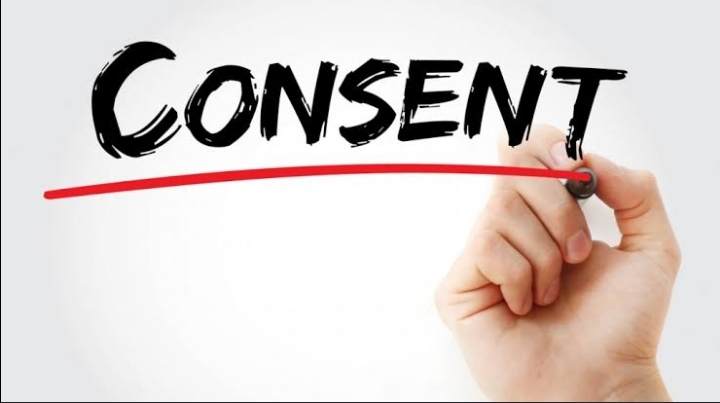For consent to be valid, it must be voluntary and informed, and the person consenting must have the capacity to make the decision.
The meaning of these terms are:
• voluntary – the decision to either consent or not to consent to treatment must be made by the person, and must not be influenced by pressure from friends or family
• informed – the person must be given all of the information about what is involved, including the benefits and risks, whether there are reasonable or not.
• capacity – the person must be capable of giving consent, which means they understand the information given to them and can use it to make an informed decision
If an adult has the capacity to make a voluntary and informed decision to consent or to refuse, their decision must be respected.
Consent cannot be given by individuals who are underage, intoxicated or incapacitated by drugs or alcohol, or asleep or unconscious. If someone agrees to an activity under pressure of intimidation or threat, that isn’t considered consent because it was not given freely. Unequal power dynamics, such as engaging in sexual activity with an employee or student, also mean that consent cannot be freely given.
You can change your mind at any time.
You can withdraw consent at any point if you feel uncomfortable. One way to do this is to clearly communicate to your partner that you are no longer comfortable with this activity and wish to stop. Withdrawing consent can sometimes be challenging or difficult to do verbally, so non-verbal cues can also be used to convey this. The best way to ensure that all parties are comfortable with any sexual activity is to talk about it, check in periodically, and make sure everyone involved consents before escalating or changing activities
How does consent work?
When you’re engaging in sexual or any other activity, consent is about communication. And it should happen every time for every type of activity. Consenting to one activity, one time, does not mean someone gives consent for other activities or for the same activity on other occasions. For example, agreeing to kiss someone doesn’t give that person permission to remove your clothes. Having sex with someone in the past doesn’t give that person permission to have sex with you again in the future. It’s important to discuss boundaries and expectations with your partner prior to engaging in any sexual behavior.
If you and others are under the influence, you should understand the risks when assessing whether you have consent to engage in sexual activity. If either party is under the influence of drugs or alcohol, it’s even more important to communicate your own boundaries and be extra sensitive to your partner’s boundaries. If there is ever any doubt, confusion, or mixed messages, DON’T engage in sexual activity.
It’s important to note that consent is not just about sexual or medical situations. It applies to various aspects of life, such as sharing personal information, using someone’s image or likeness, participating in research studies, or engaging in activities that may have potential risks or consequences.
Respecting and honoring consent is crucial for fostering healthy and respectful relationships, promoting personal autonomy, and preventing harm or violation of individuals’ rights.

